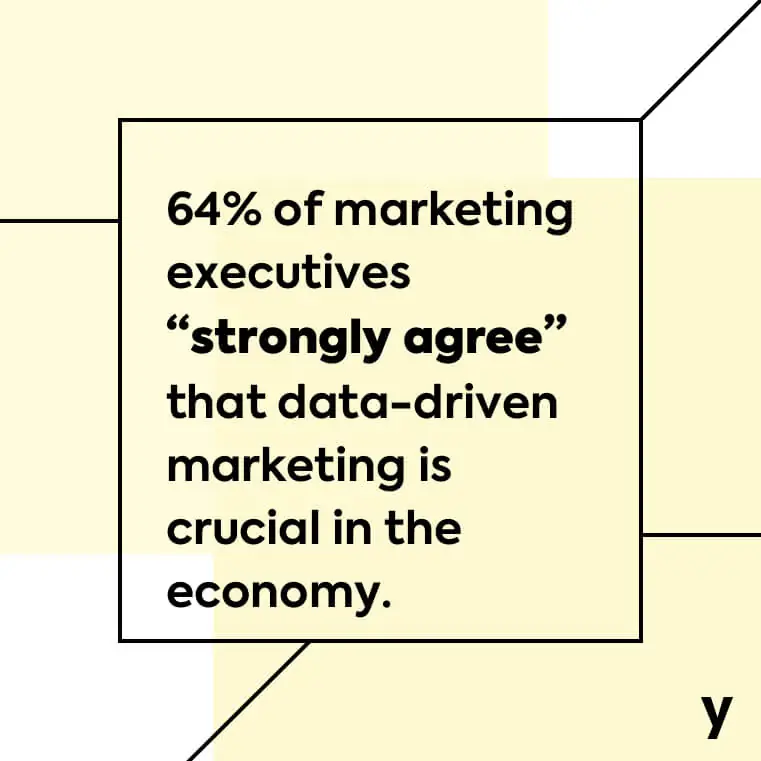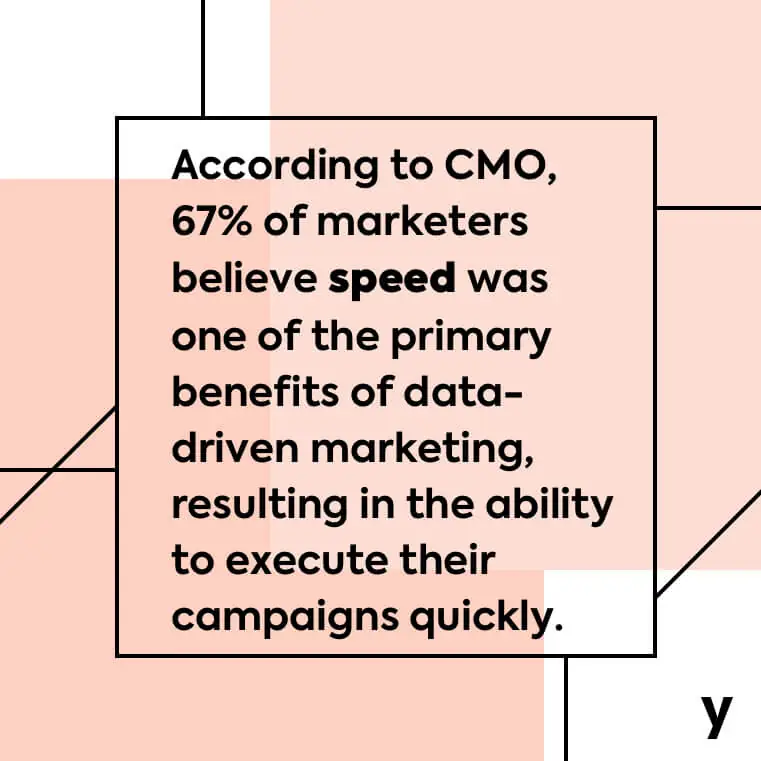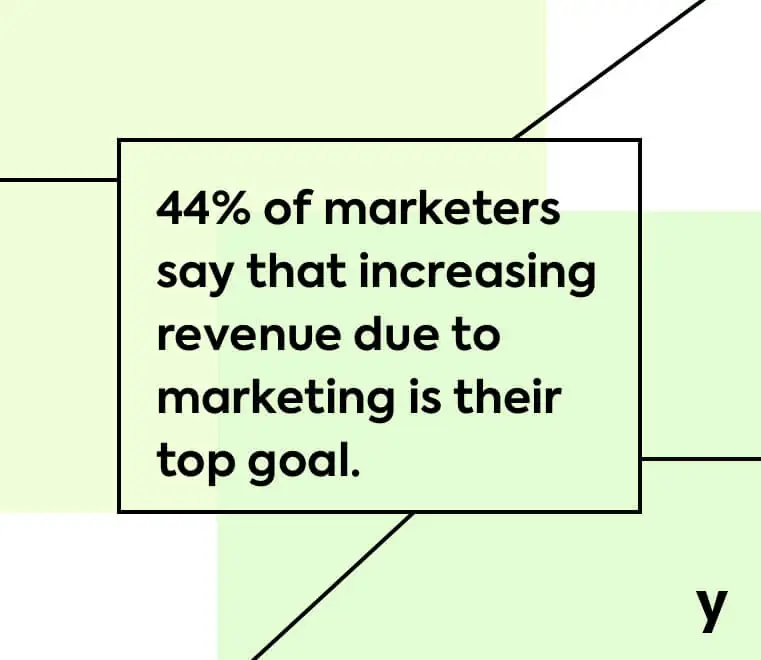With the advent of social media, giving feedback and showing how you feel about something is quite easy to share. Marketers have taken advantage of this opportunity to get information on their customers to help adopt and adapt different practices in order to get a leg up in their business.
Data drives everything these days. Embracing this methodology allows you to predict the future, by using existing data as a foundation to forecast trends.
Here are a few things to note about the importance of data in marketing.
What is Data-Driven Marketing?
Data-driven marketing uses information (in the form of data) to drive marketing efforts. Sources of data include those that come from internal sources (the company itself) and external sources like social networks. Data can be either subjective or objective–both types can be useful, if sometimes hard to gather and interpret.
Incorporating the essence of data driven marketing is a great way to forecast trends in your niche.
Why Use a Data-Driven Marketing Approach?
 The key thing you’ll notice when incorporating a data-driven marketing approach is the ability to enhance and personalize your customer experience. Here are a few statistics to know with regards to data driven marketing:
The key thing you’ll notice when incorporating a data-driven marketing approach is the ability to enhance and personalize your customer experience. Here are a few statistics to know with regards to data driven marketing:
- 64% of marketing executives “strongly agree” that data-driven marketing is crucial in the economy.
- GlobalDMA found that 49% of marketers use data to enhance customer experience.
For marketers interested in a data-driven approach, it’s important to learn how to weave through the data to the most important elements, because there’s so much out there. It can be hard to decipher what’s valuable, and what can be tossed away as irrelevant to your needs.
Big data is an important asset because of the ability to use it to analyze different patterns as they relate to human behavior. Big data incorporates the 3 V’s: velocity, volume, and variety. Technology makes the speed of interpreting a volume of data an integral tool in your analysis.
The Key Benefits of Data-Driven Marketing
Data-driven marketing is a growing movement for day-to-day tasks, so it’s important to harness the processes behind it. In fact, by the year 2020, it’s estimated that 1.7 MB per second of new information created per person will grow our accumulated digital universe of data from 4.4 zettabytes to 44 zettabytes (44 trillion GB). As of right now, less than 0.5% of available data is used.
Here are some of the benefits associated with data-driven marketing:
 Data-Driven Marketing Gives Quick Results and Solutions
Data-Driven Marketing Gives Quick Results and Solutions
According to CMO, 67% of marketers believe speed was one of the primary benefits of data-driven marketing, resulting in the ability to execute their campaigns quickly. Additionally, a deep analysis of available data can help to see and define every step in the customer journey, which helps you to identify patterns and provide quick solutions to any issues.
Data-Driven Marketing Provides Marketers with Relevant Data
Good marketing is about sending the right message out to the right people, at the right time. This is important to note especially on social media.
You may be targeting people on several different social networks, but the purpose behind these efforts may not be all-inclusive. For example, Instagram is more millennial based, so the focus is on more lifestyle perception through pictures. Twitter draws your audience to address their customer service issues. There’s a specific online “home” for different aspects of your business.
A good marketer knows that the right messages on a channel that serves their audience best will connect with them in a more efficient manner to take a specific action.
 Data-Driven Marketing Provides More Opportunities for Profits
Data-Driven Marketing Provides More Opportunities for Profits
44% of marketers say that increasing revenue due to marketing is their top goal, according to research from Ascend2. Having good, actionable data means you can make better predictions as to how your target audience makes buying decisions.
The benefit to incorporating principles of data-driven marketing is that you not only keep your old customers, but you’re also able to find new prospects. Use your data to target them more specifically, and you’ll have a smaller chance of failing to convert them into full blown supporters. Transactions and transitions go more smoothly with a data-driven marketing approach.
There’s no company that isn’t interested in increasing the ROI of their efforts. Data-driven spending accounts for 20% of all marketing money, which is the equivalent of nearly $1.3 trillion dollars.
The abundance of data can make things seem overwhelming, but it’s all about how you use it to help influence your business positively. Remember, the data can be used to enhance your customer experience, increase retention rates, and build profits.
Need some help to make the data seem less complicated? Get in touch with digital marketing agency Mabbly for advice on bringing it all together.




